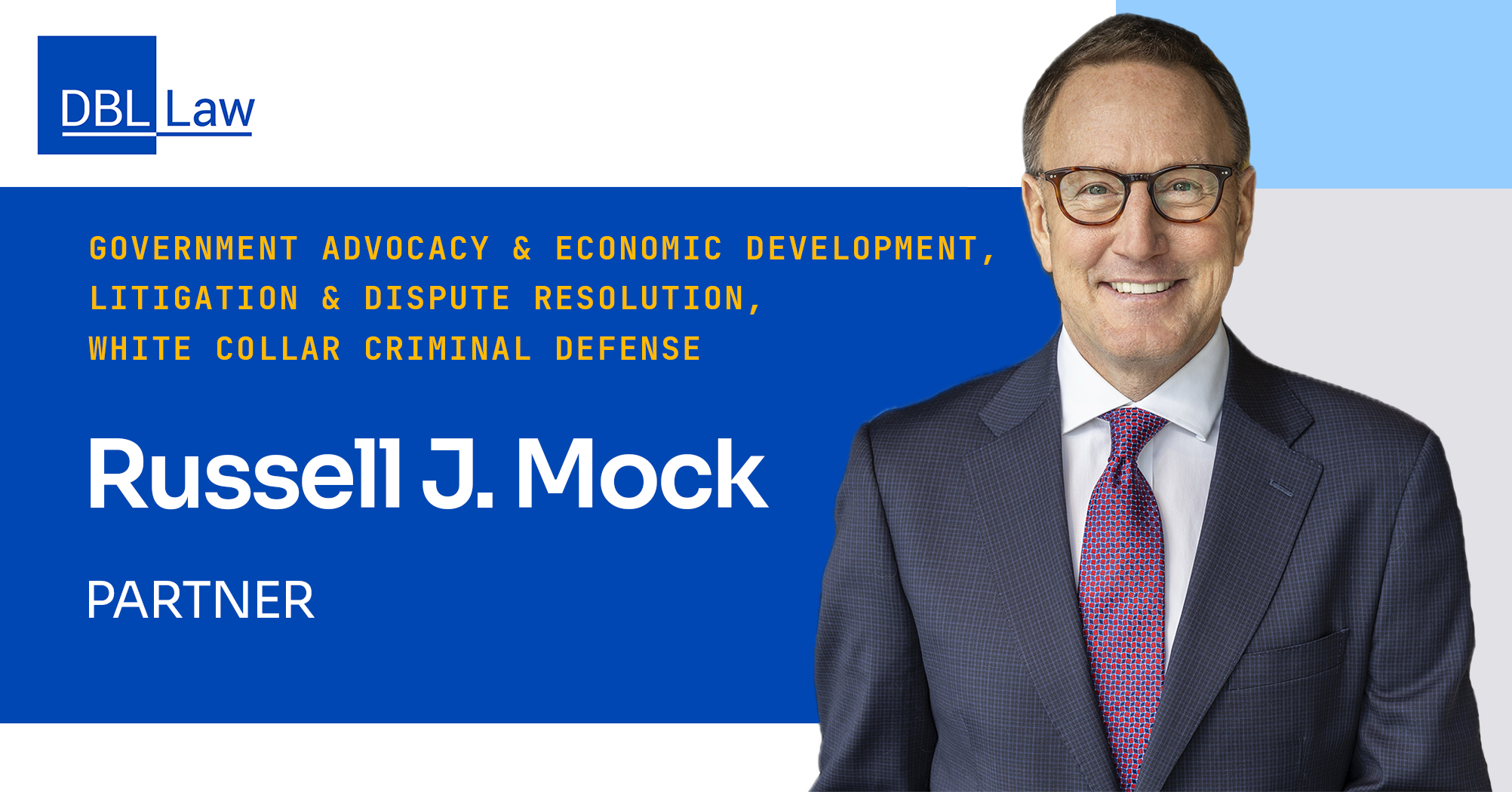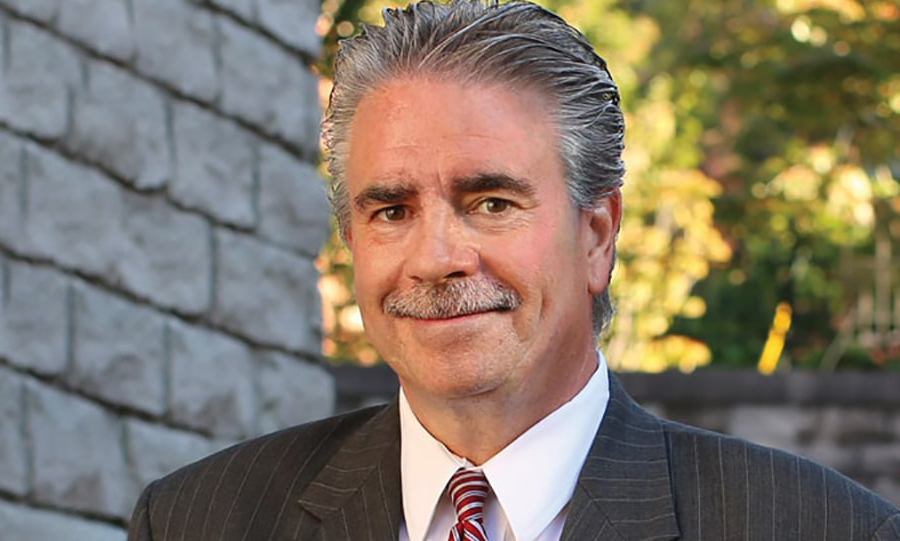This article was originally written and published by the Lane Report, Kentucky Business & Economic News.
Beginning Oct. 1., small business owners and other retailers must begin to accept EMV credit cards or face liability for credit card fraud.
U.S. credit card companies, such as Visa, MasterCard and Discover, are making the transition from magnetic stripe technology to EMV-compliant credit cards. Beginning Oct. 1, the liability for credit card fraud will shift to retailers and financial institutions that are not EMV-compliant, according to the U.S. Small Business Association.
EMV-chip cards contain embedded microchips that offer advanced security for in-store payments by making every transaction unique. Chip cards are also much harder to counterfeit or copy. If the card data and one-time card are stolen, the information cannot be used to create counterfeit cards and commit fraud.
For merchants and financial institutions, the switch to EMV means adding new in-store technology and internal processing systems. Businesses that have not acquired the technology to process chip cards will become financially responsible for certain fraudulent transactions previously covered by the cardholder’s issuing bank.
The Small Business Association says retail small business owners are the most vulnerable to the migration.
“The majority of small businesses will need to upgrade their payment systems, as only about 20 percent of payment terminals are currently equipped to accept chip cards, and most of these are at larger retailers,” SBA Administrator Maria Contreras-Sweet said.
The SBA has a number of resources and reference material available at www.sba.gov/emv to help small business owners understand what this transition means for their business and consumers.
SBA and Square have teamed up to offer a free webinar to help small businesses across the country navigate the upcoming transition to EMV chip card technology. Topics covered include what the transition to EMV chip card technology means for small businesses; what EMV chip card technology is and why it’s more secure; and how to prepare for new fraud liability rules impacting merchants beginning Oct. 1, 2015.
Registration is free but required. Click here to register. The webinar, EMV 101: What Small Businesses Need to Know About the Switch to Chip Card Technology, is scheduled for 2 p.m. Oct. 14.
An archived version of the webinar is available here. View an August 26th archived version of this webinar now.
For a link to the original article, please click here.
DBL Law is a full service law firm providing premier legal services and business advice in a collaborative manner with integrity, professionalism and respect, as a strategic partner with our clients.




